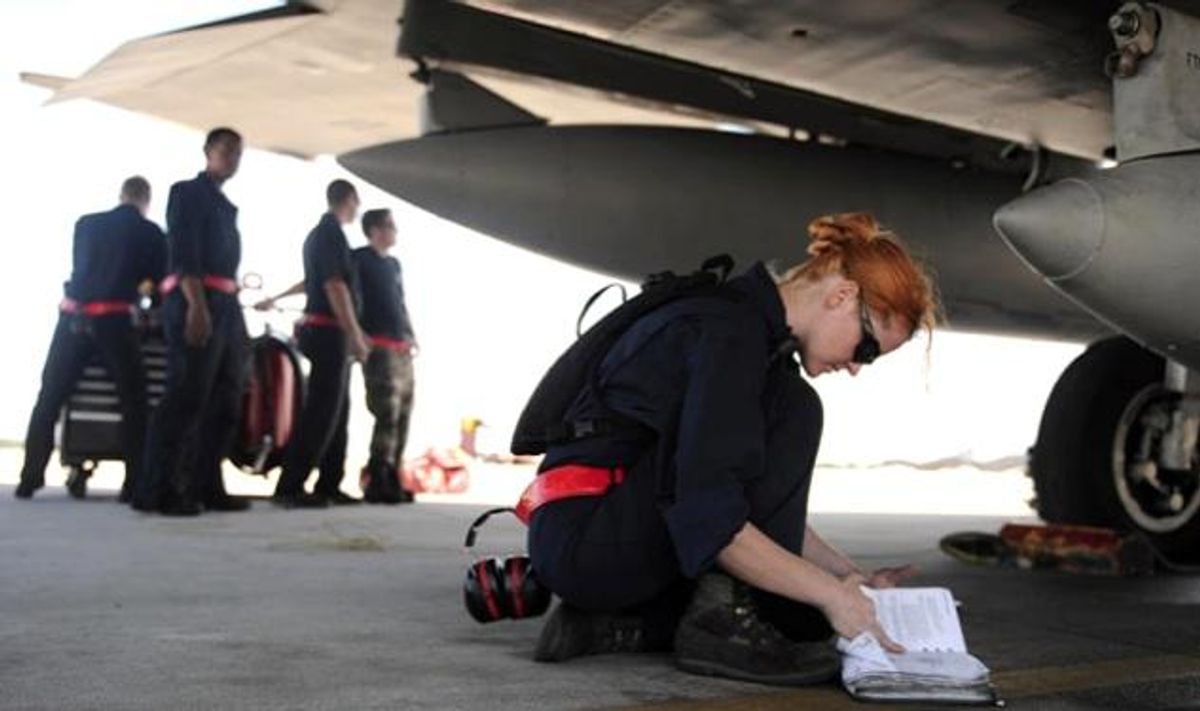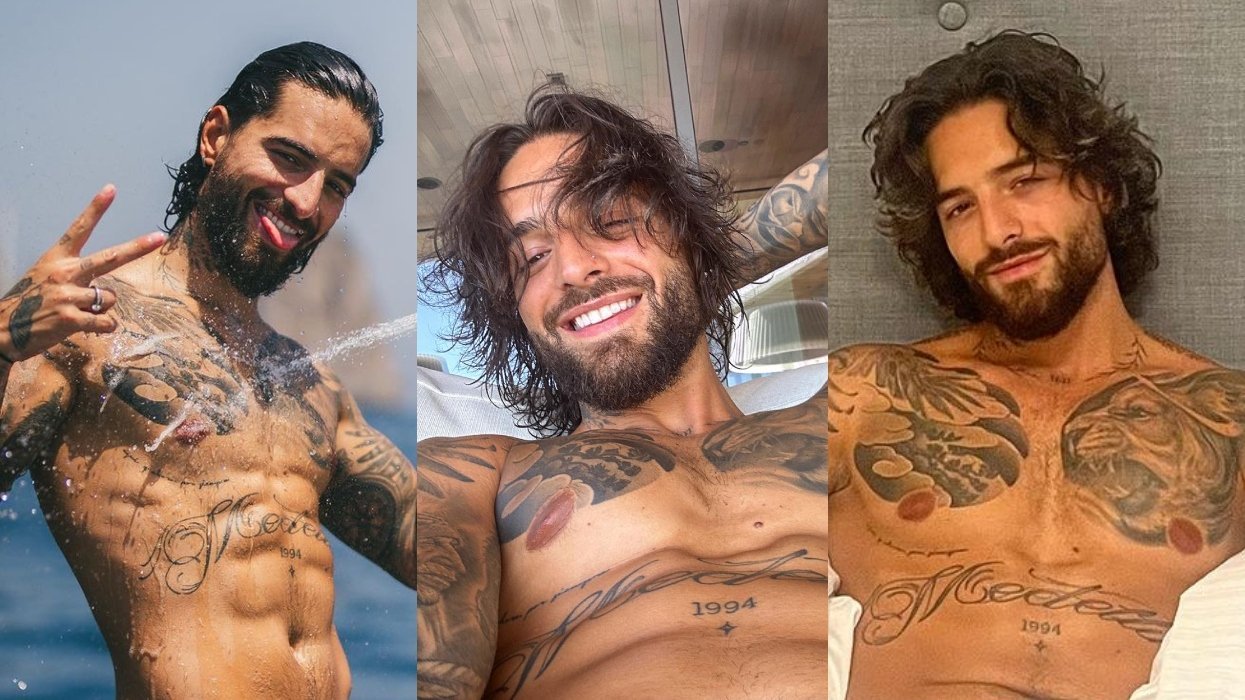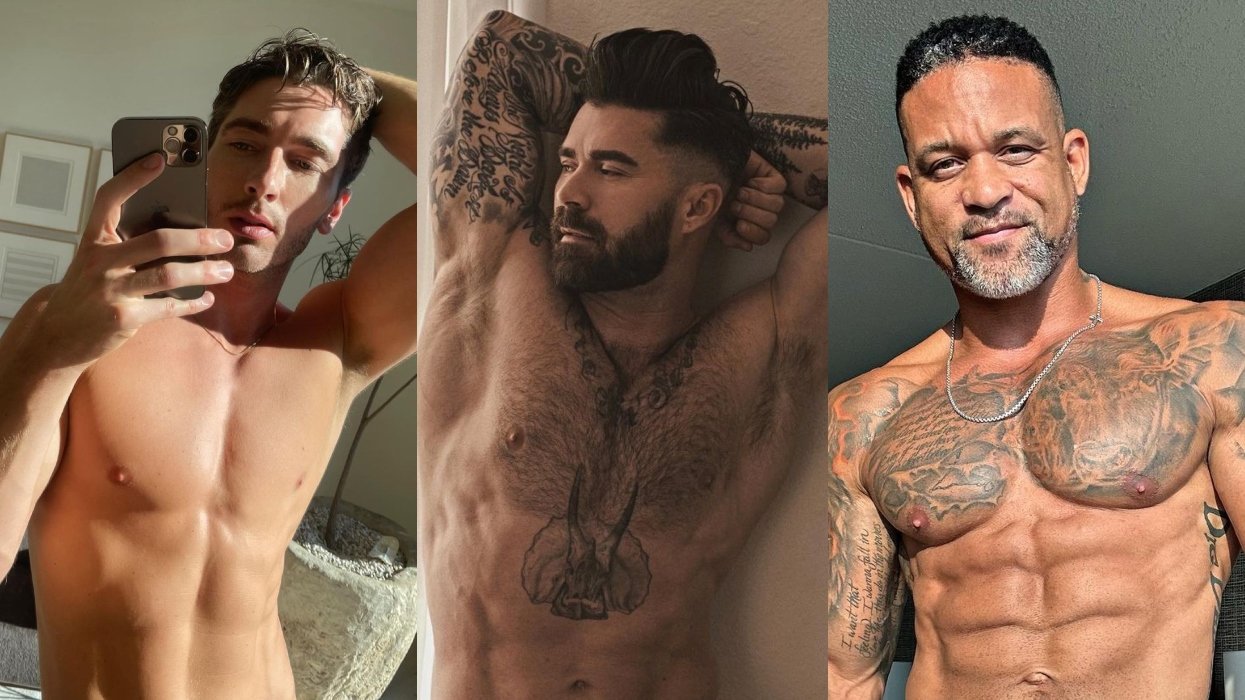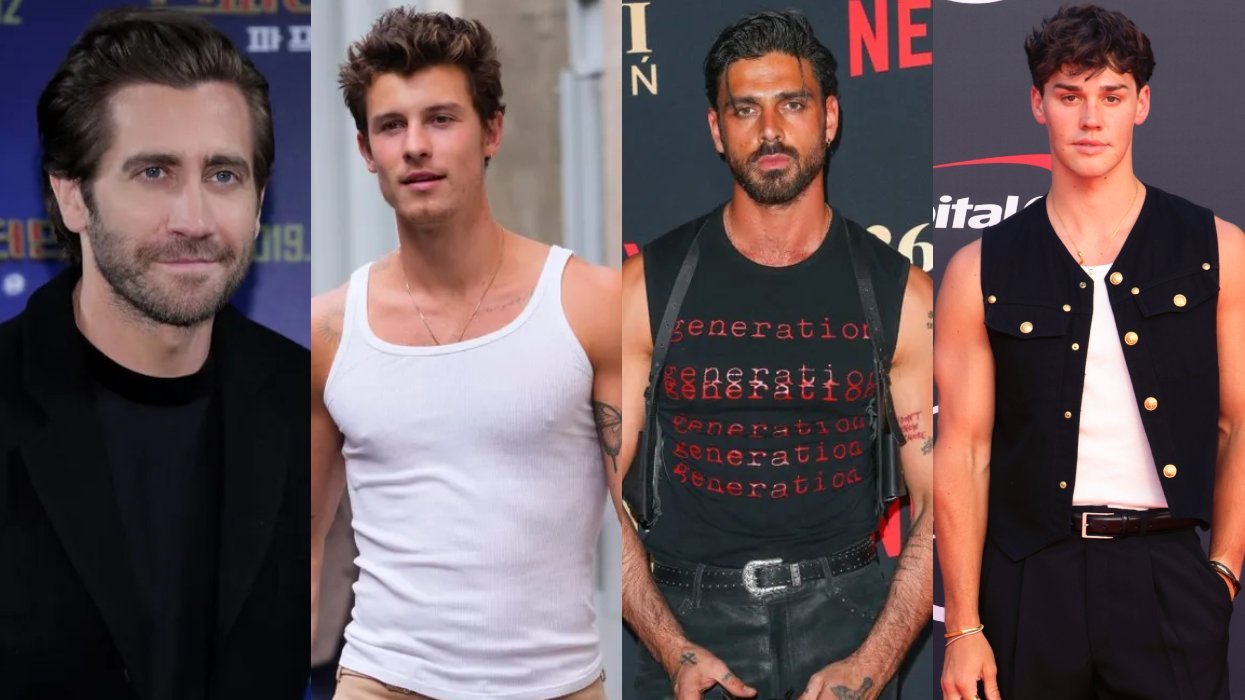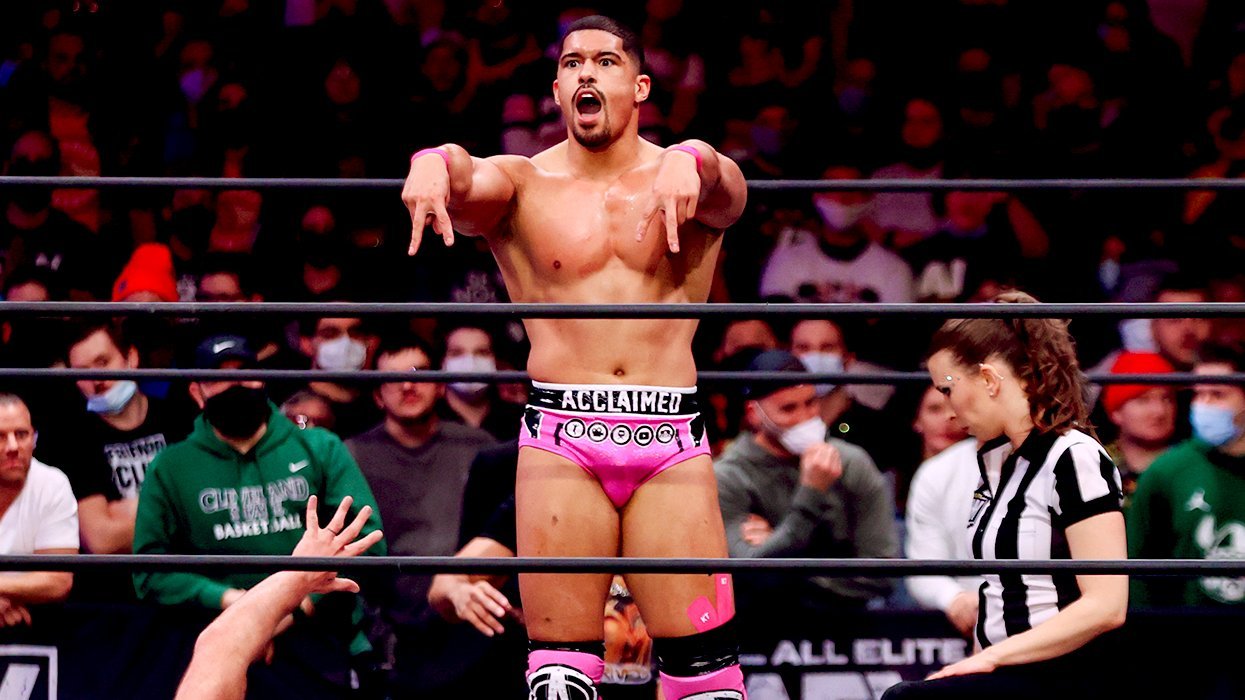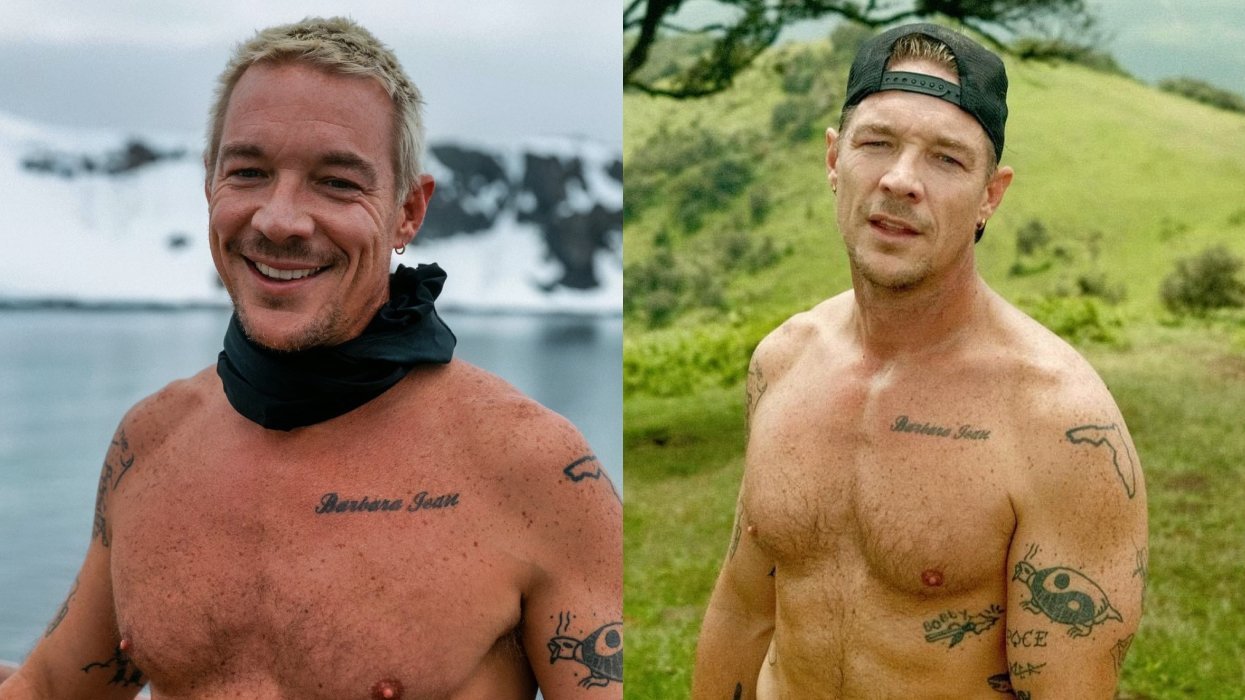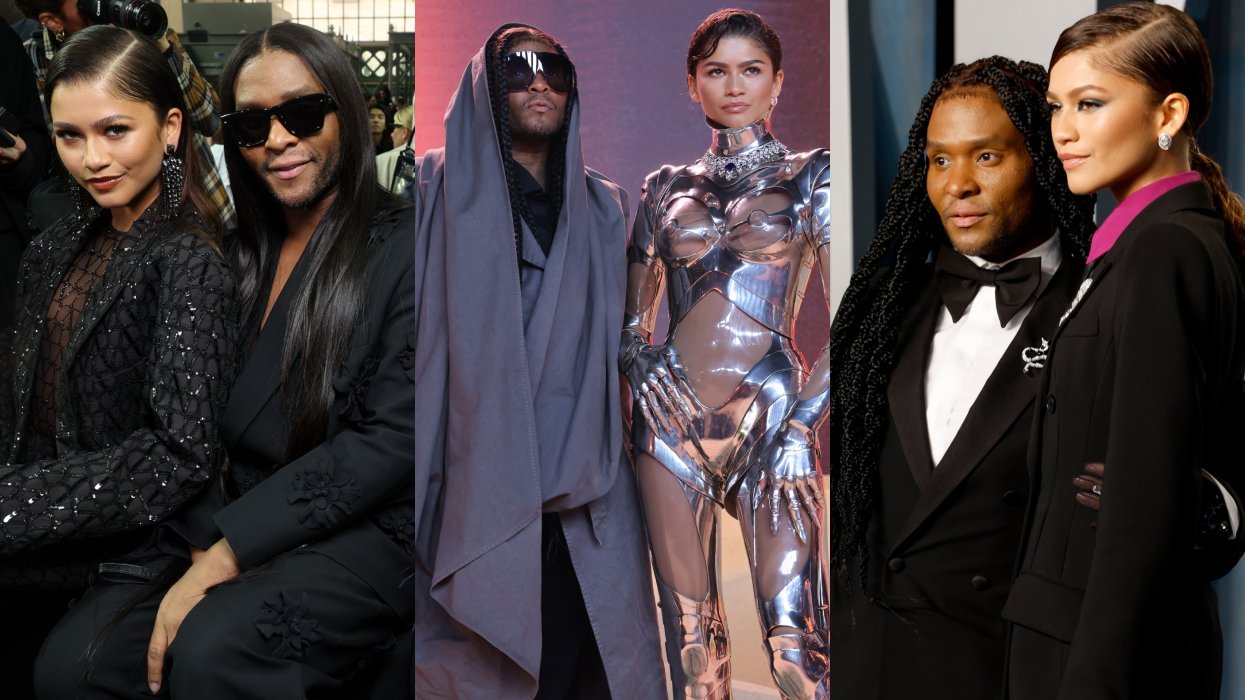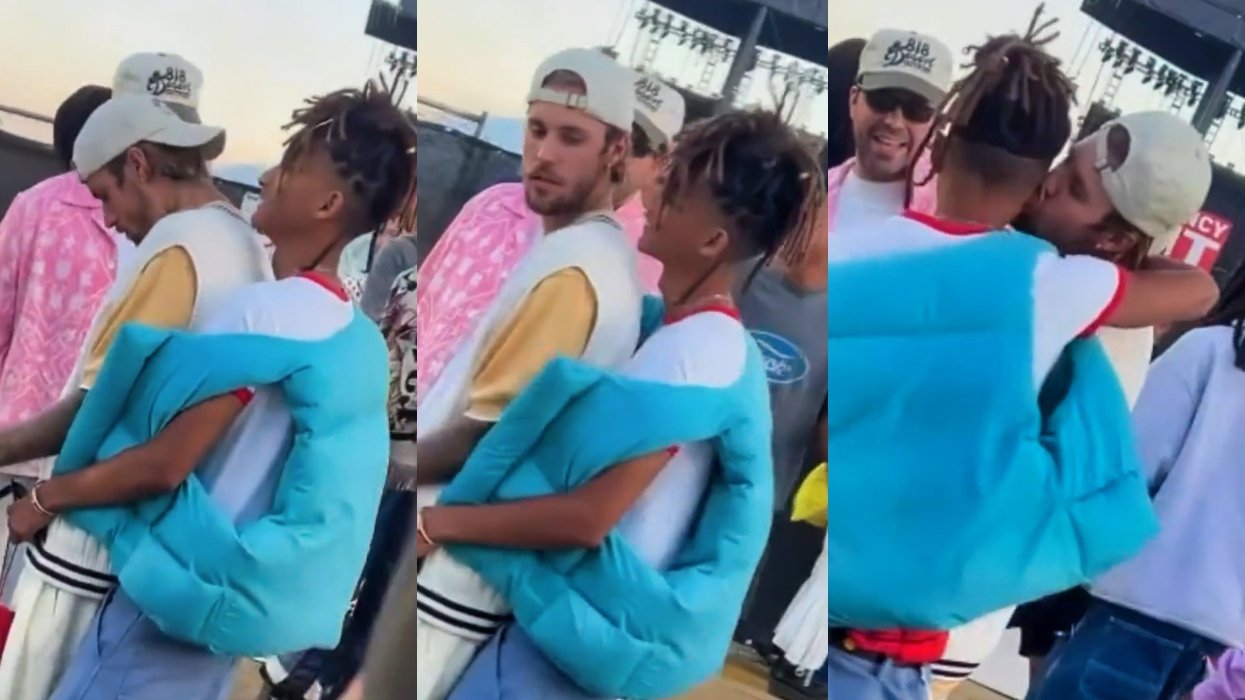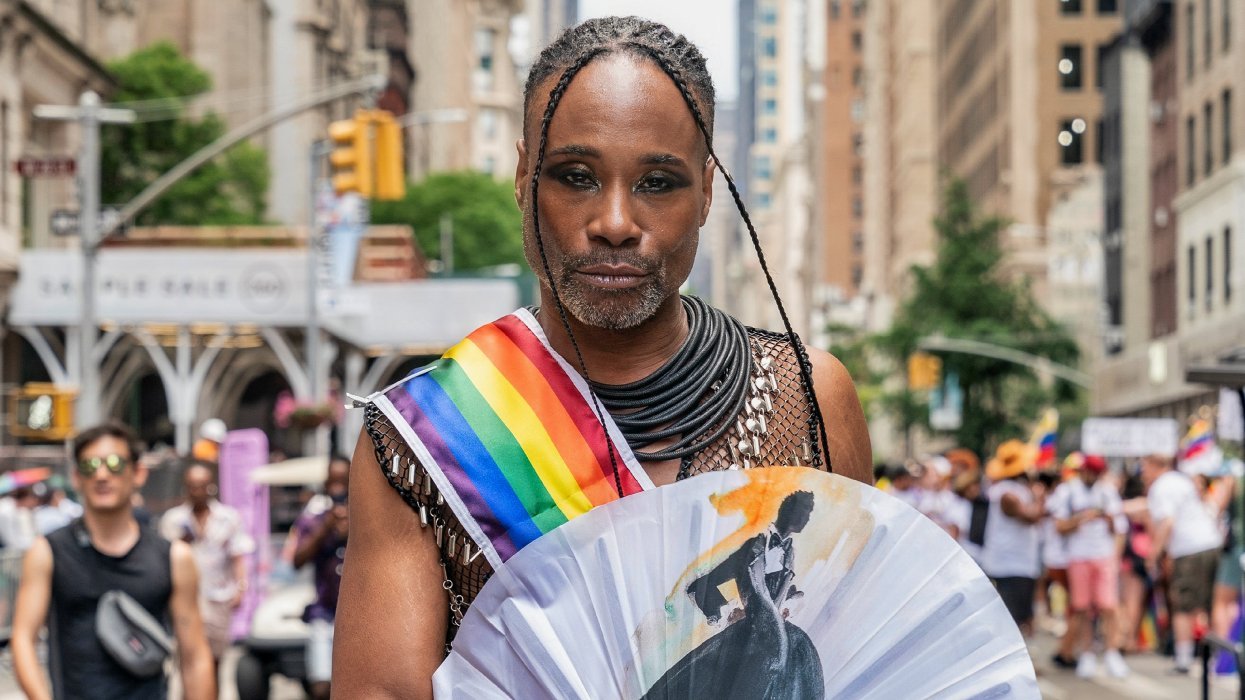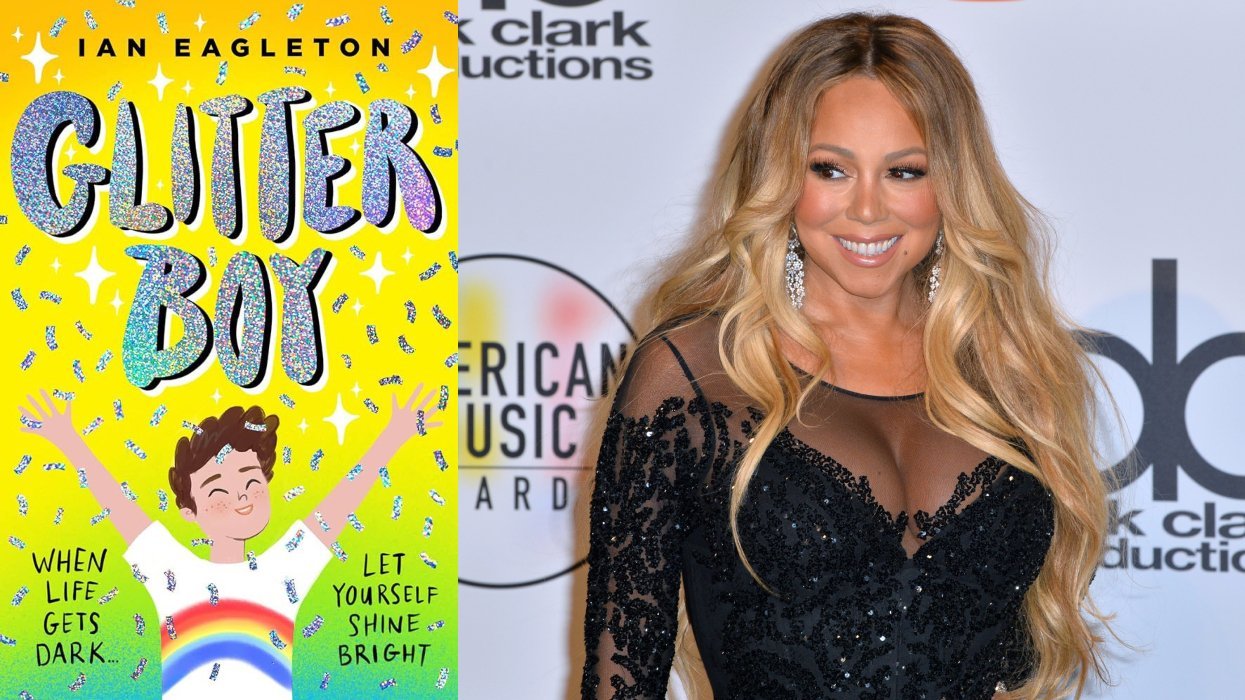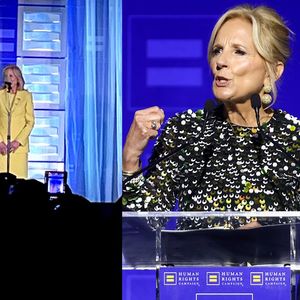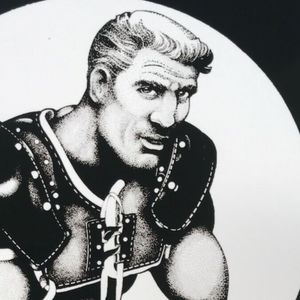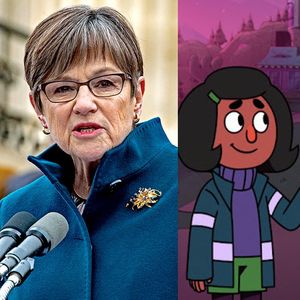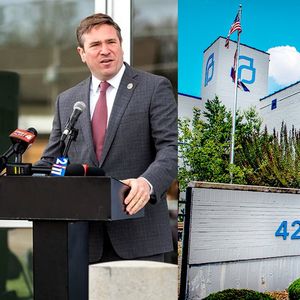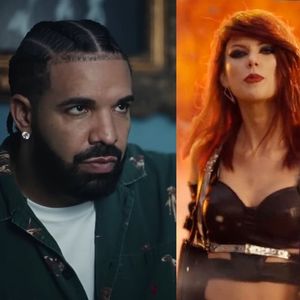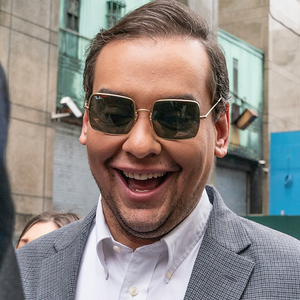The Oscar-nominated director Kirby Dick is no stranger to controversial subjects. In Outrage he investigated the hypocricy of closeted politicians, and in This Film is Not Yet Rated, he went after the mysterious cabal behind the MPAA ratings. But with The Invisible War, he and producer Amy Ziering have entered into even more dangerous territory as they investigated the coverup of rape in the United States Armed Forces. The resulting film--which is currently in select theaters--is not meant to merely shake you up, it's intended to reform the military and help the men and women who have slipped through the system. We recently spoke to Dick to find out what inspired him to undertake such a difficult project and what has happened since it screened and won the Audience Award at Sundance.
Out: I am familiar with your previous documentaries, which tackle hard-hitting subjects, but also seem to have a sense of playfulness in them. This film seems quite different. How did you come about to be involved in this project?
Well, my producer Amy Ziering and I came upon this through reading an article in Salon by Helen Benedict about the epidemic of rape in the military. I wasn't aware of how pervasive it was. We set out to see if another feature film had been made on this. It seemed like the urgency of this issue, and the numbers involved, and the fact that there was no feature documentary that had analyzed the entire situation, meant it needed to be done.
You obviously had to find subjects to interview, how difficult was it find the people who would talk to you?
It was a real challenge. Most of these subjects had very severe PTSD, were agoraphobic, or often blamed themselves. When they did talk about it, the military turned on them when they reported it. It was more than a year that we were looking for subjects. We were going through every possible resource, including therapists, attorneys, advocates. Probably the most effective was the Internet and Facebook. We would do Google searches and look for conversations and comments. Amy would contact them and say she was doing background research, which she was. It came out usually, in most cases, that they had been assaulted.
She spoke to over a hundred subjects. We ended up narrowing it down to 20 or 25 from there. We took this cross-country trip, beginning in New York and ending in Los Angeles, where, over a 10-day period, we interviewed about 25 people on camera. She would do the interviews; I would operate the camera. These were really pre-interviews, although some of them ended up in the film.
That was a very transformative experience for us. By meeting so many people in such a condensed amount of time, we really came to understand the trauma and the injustice and the extent of the problem so completely in that period of time that--not only did it give us a sense of how we wanted to make the film--it also gave us the desire to make a film that would not only inform the public but would reach policy makers and get the military to prevent these assaults from happening.
I wonder: Were they at all nervous that this would somehow limit the way women are involved in the military? That it could be used against women in the military in some way?
No, that didcome up in conversation. It was very apparent from talking to Amy and I that we feel very strongly that, not only are women capable of serving in the military, oftentimes they are the best soldiers that the military has. So I don't think people were that concerned about that.
People were concerned that it would be a very broad attack on the military. And quite a few of our subjects said they didn't want to participate if that was going to be the case. Partly out of respect for them, we chose not to. The more important reason, however, is we wanted a film that would reach the policy makers and, if it becomes a complete broadside critique, then it becomes very hard for anyone that has a career in the military to actually hear this.
You know, we've been very successful. When we screened it at Sundance, we had people of the enlisted and officer ranks see the film, and they were very supportive of the film. Most of them knew this was a problem going on, were horrified by it, and were very glad that there was a film made on this subject. And they weren't defensive. No, this is an accurate representation of the problem and not a broad critique on the military.
I was curious, there are more than service members that could suffer working for the military. There are quite a few civilian contractors engaged in military work. Did you find that any of them would talk to you on the record?
We actually did speak to some civilians. Not only was finding the subjects a challenge, it was difficult to find people who had been in the military and had dealt with through the legal system of the military--whether through JAG or as investigators--who saw firsthand just the lack of effective investigation and prosecution of the perpetrators. It was very hard to find these people because I think there was a tendency in the military not to speak ill of the military. Again, there has been very few who had been interviewed about these problems.
There are quite a few civilians who are working quite hard and are under contract with the military to deal with this problem of sexual assault. They also understood the problem but were unwilling to speak on camera because they would lose their contracts. So, what you have here--and I could see this once I looked at it after filming--you have a situation where they would say one thing on camera that said they are trying to deal with this. And as soon as you turn off the camera, they would charge the military and say how far behind they were in comparison to the civilian world in dealing with this problem
It really showed me what a black hole of information was around this and the military allowed to continue its cover-up. You can't even speak to people in the military without the approval of their commander. The people who leave the military are very wary of criticizing the military. And even the civilians who know about the problem, many of them are under contract, so they won't speak. I have never ever made a film where there was this kind of...where so little was known about a subject. This was really a major journalistic undertaking. I think we were very successful in our attack on it.
When you started all of this, DADT was still firmly in effect. Did most of your subjects identify as heterosexual or was it something you addressed? And did it change how people felt about coming out publicly about sexual assault anywhere along in the filming process?
We spoke to several lesbians and one gay man. Obviously Trina [McDonald] is a lesbian, she's married to Amy; she's in the film. Hannah has a girlfriend. I don't think we mention that in the film because we didn't have a lot of time.
It was also a problem for men who were straight because this whole issue of homophobia, they would wonder if there was something that attracted them to this. It was very difficult because the men we did come across were psychologically damaged from this whole experience.
This is more of a theoretical question, but do you think because of so much public discourse about people coming out about their private sexual lives, that is one reason why people are now more willing to address such difficult issues in a public forum, like sexual abuse? I guess what I'm trying to say is, with all that has happened, do you think this film could have been made 20 years ago?
I think it should have been made 20 years ago. I was surprised I hadn't thought about making it 20 years ago.
But the idea of discussion of sexuality, I think that's somewhat true. I think if there's any openness about sexuality it leads to other openness about sexuality. So I would say that's definitely true. I think currently, the discussion about "don't ask, don't tell" and the decision to eliminate that policy, I think it helped some subjects to come forward. It's not the same thing, obviously, as kicking someone out of the military because they are gay, as going after someone who reported a rape. But there is a sense among some of these survivors that, while the military is doing the right thing in this issue--not persecuting people for coming forward--they are a little freer to speak. I wonder how it affected women and men in the military in terms of coming forward. I don't know. It's an interesting question.
I guess I think about the late '60s, early '70s, when you had the first rush of openness of gays and lesbians--which was in concert about an openness and discussion about sexuality--I think one feeds the other and the reverse.
What do you hope the life of the film is going to be next? Obviously you want people to see it in cinemas, but there will be many people who don't want to pay money to see a documentary like this. Is there going to be a way to get this in front of the people you think it's important to see it?
Well, it actually already is. After the film won the Audience Award at Sundance, we undertook a very extensive campaign to be seen by the highest levels of the Pentagon, over a several-month period. We were showing it to officers' wives groups, to very high-ranking retired generals and admirals, and allowing it to circulate in the Pentagon as well. Because we knew that kind of discussion would ripple up and ripple through the halls of power. We showed it to corporate leaders, to leaders in nonprofit groups. It actually got the Secretary of Defense, Leon Panetta, who shortly after seeing the film called a press conference and announced significant changes.
We later learned from our Executive Producer, Jennifer Newsom, who is married the Lieutenant Governor of California, Gavin Newsom, that she met Leon Panetta at the White House Correspondents dinner and he thanked her for making the film and said he was very moved by the film. And he actually let her know that he called the press conference in part because the film had such an impact on him. So, it's certainly having an effect. We're very gratified by that.
We initially thought there'd be a fair amount of blowback by the military but that hasn't really happened. And in fact, the Army--each branch has its own section that oversees issues of sexual assault--it had a national conference which brought 500 or so people to deal with the issue, and the film was shown at that conference. So the Army, in particular, has been very proactive in its response. But there's a long way to go, a longway to go.
This is something the military can change, and if they do change, it will be better for the military.
It's currently playing in select cinemas. Watch the trailer below:
